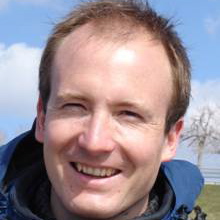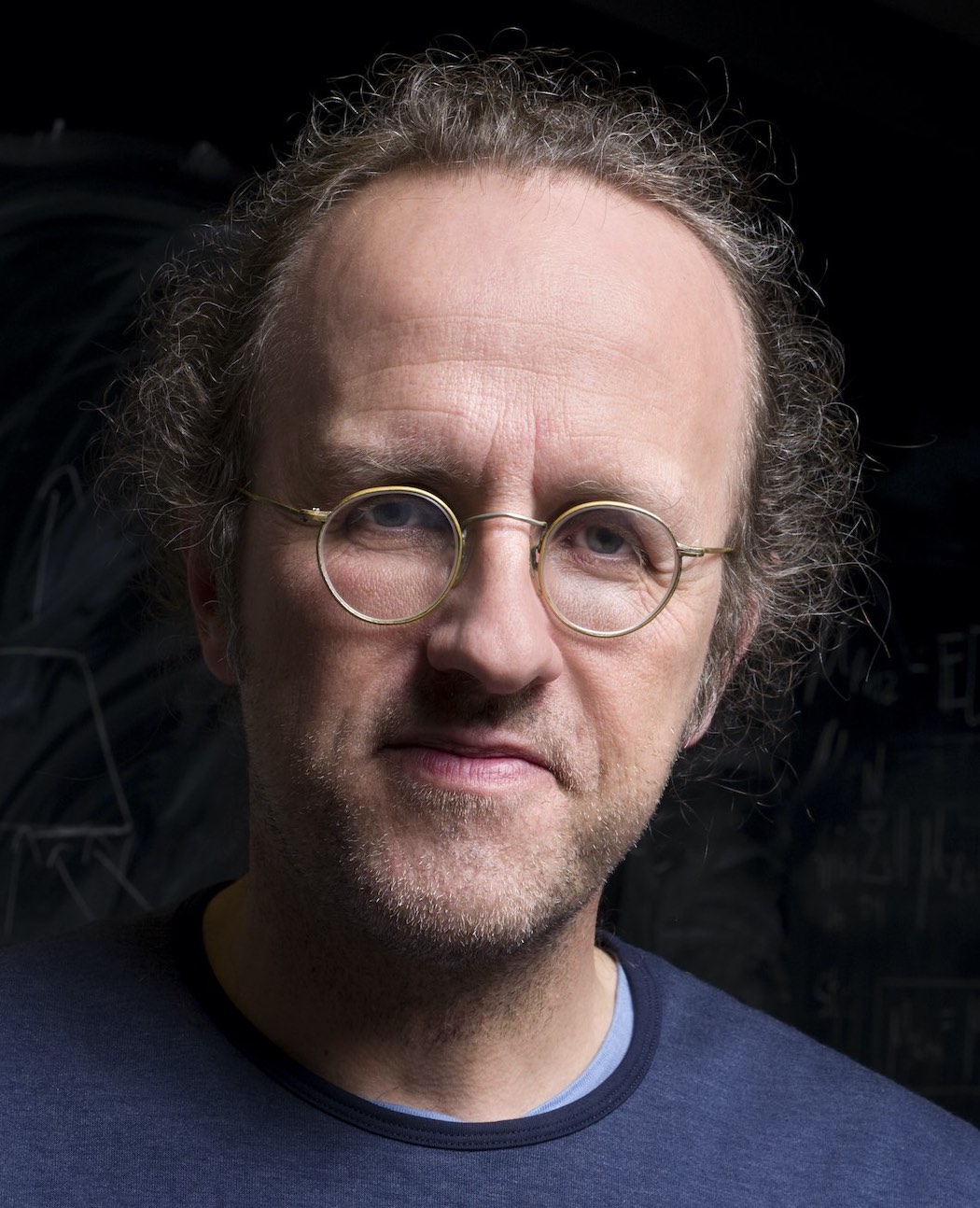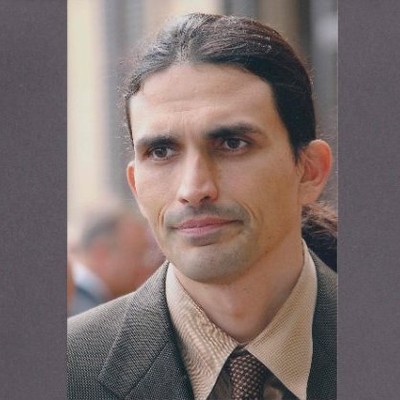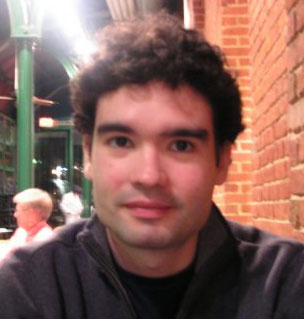In the last 35 years, automated, data-driven methods for discovering directed graphical representations of causal relations and their properties have developed rapidly in multiple directions from researchers in diverse places. This is an appropriate time to hold a workshop surveying what has happened, how it came out, at least some of what has been accomplished using these methods, and the challenges for future development.
Invited Speakers
Featured Panelists
Organizing Committee
Call for Submissions
We invite submissions of
Applying causal discovery methods to empirical data to learn something useful about interesting scientific questions is an important goal of the wider enterprise of causal discovery. Case studies of such attempts, either successful or unsuccessful, are important feedback to the development of methods, and this workshop is meant to highlight both the history of such efforts, and to showcase recent efforts.
Submissions should be identified as addressing “Case Studies”. The empirical work may have been done by the authors of the submissions or may describe and assess work by others.
Paper submission should be no more than 8 pages in length plus references and supplementary material; papers will be considered for oral or poster presentation.- Submissions
only for posters are also welcome and should contain an abstract of the content of the poster.
The submission should describe:
- The scientific question(s) being addressed, including the background knowledge/theories available to scientists at the time of the application
- The empirical data collected or available
- The algorithms applied to these data (why, how, etc.)
- Experimental or other follow-up
- The results
Submitted papers should follow the requirements for UAI 2023 submissions. The length of submissions
is flexible, but is limited to eight content pages, including all figures and tables; additional pages
containing only references are allowed. Please format your submission using the UAI 2023 LaTeX style
file. If needed, authors may additionally submit a supplementary material.
Key Dates
- Submission deadline: June 30, 2023
- Author notification: July 15, 2023
- Camera-ready: July 20, 2023
- Workshop: August 4, 2023
Submission Website
Papers can be submitted through OpenReview: https://openreview.net/group?id=auai.org/UAI/2023/Workshop/Causality.
Double-blind Review
Authors must not include any identifying information of the authors
(names, affiliations, etc.) or links and self-references that may reveal the authors' identities.
The organizers aim to provide feedback from three reviewers per submission, which will assess the
submission based on relevance, novelty, and potential for impact. Reviewers are asked to assess the
submission (Reject/Borderline/Accept) as well as provide written feedback. There will be no additional
rebuttal period.
Schedule
The workshop will be held on
The workshop will consist of four main parts: invited keynote talks, contributed oral talks, and panel discussions. The keynote talks will cover a survey of causal discovery methods and notable applications of causal discovery.
| 08:50 - 9:00 | Opening remarks |
| 09:00 - 10:00 | A Survey of Causal Discovery Methods by Professor Frederick Eberhardt (Slides link) |
| 10:00 - 10:30 | Coffee break |
| 10:30 – 12:00 | Panel: The Origins of Graphical Causal Model Search Peter Spirtes, Gregory Cooper, Shohei Shimizu, Bernhard Scholkopf, Tom Verma, Chris Meek (Moderator: Clark Glymour) |
| 12:00 - 13:30 | Lunch |
| 13:30 - 14:15 | Historical Overview by Professor Richard Scheines (Slides link) |
| 14:15 – 15:00 | Contributed talk #1 by Kevin Hoover (Slides link) |
| 15:00 – 15:15 | Coffee |
| 15:15 - 15:45 | Contributed talk #2 by Simon Ferreira (Accepted paper link) (Slides link) |
| 15:45 - 16:15 | Contributed talk #3 by Eric Rawls (Accepted paper link) (Slides link) |
| 16:15 – 16:30 | Coffee Break |
| 16:30 - 17:30 | Panel: Social and Technical Challenges Facing Causal Model Search Caroline Uhler, Thomas Richardson, Kun Zhang (Moderator: Richard Scheines) |















